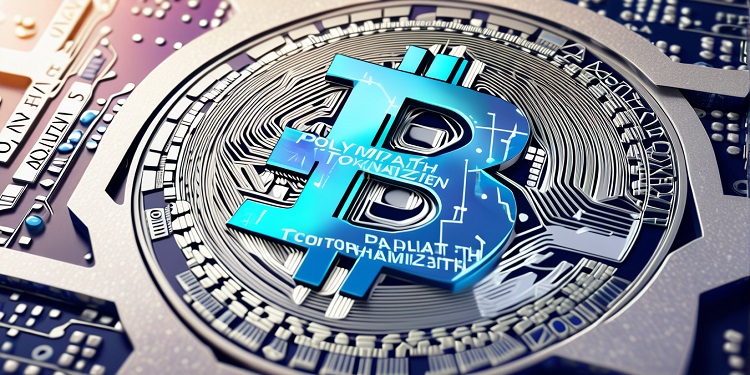 In a recent report published by Bank of America (BofA), analysts assert that Ripple serves as a notable example of a company leveraging blockchain technology to make a significant impact on cross-border payments. However, the report also emphasizes that the overall effect of blockchain on international payment systems, particularly in the Asia Pacific (APAC) region, has been relatively modest.
In a recent report published by Bank of America (BofA), analysts assert that Ripple serves as a notable example of a company leveraging blockchain technology to make a significant impact on cross-border payments. However, the report also emphasizes that the overall effect of blockchain on international payment systems, particularly in the Asia Pacific (APAC) region, has been relatively modest.
Venkat, one of the analysts at BofA, notes that blockchain, while utilized as an underlying security measure in specific transactions, has not lived up to the high expectations set by its initial hype. He adds that although blockchain has played a vital role in digitizing trade documentation through the implementation of smart contracts, its influence on cross-border payments has been limited. Venkat attributes this limitation to the rapid emergence and popularity of SWIFT GPI (global payments innovation) as the preferred solution for tracking and tracing cross-border payments.
Furthermore, BofA, a prominent banking institution, asserts that APAC stands as a frontrunner in the realm of financial technology, and it is progressively moving toward abandoning physical cash. The region’s comprehensive approach encompasses diverse digital options, ranging from consumer payments facilitated by QR codes on mobile devices to real-time corporate treasury and wholesale settlements. Additionally, APAC is actively exploring the implementation of central bank digital currencies (CBDCs) and cryptocurrencies, heralding new opportunities for stakeholders to transition away from traditional cash transactions.
The Bank of America’s report highlights Ripple’s exceptional influence on cross-border payments while shedding light on the overall impact of blockchain within the APAC region. As the landscape of international payments continues to evolve, APAC’s pursuit of digitization paves the way for a future where physical cash becomes increasingly obsolete.








